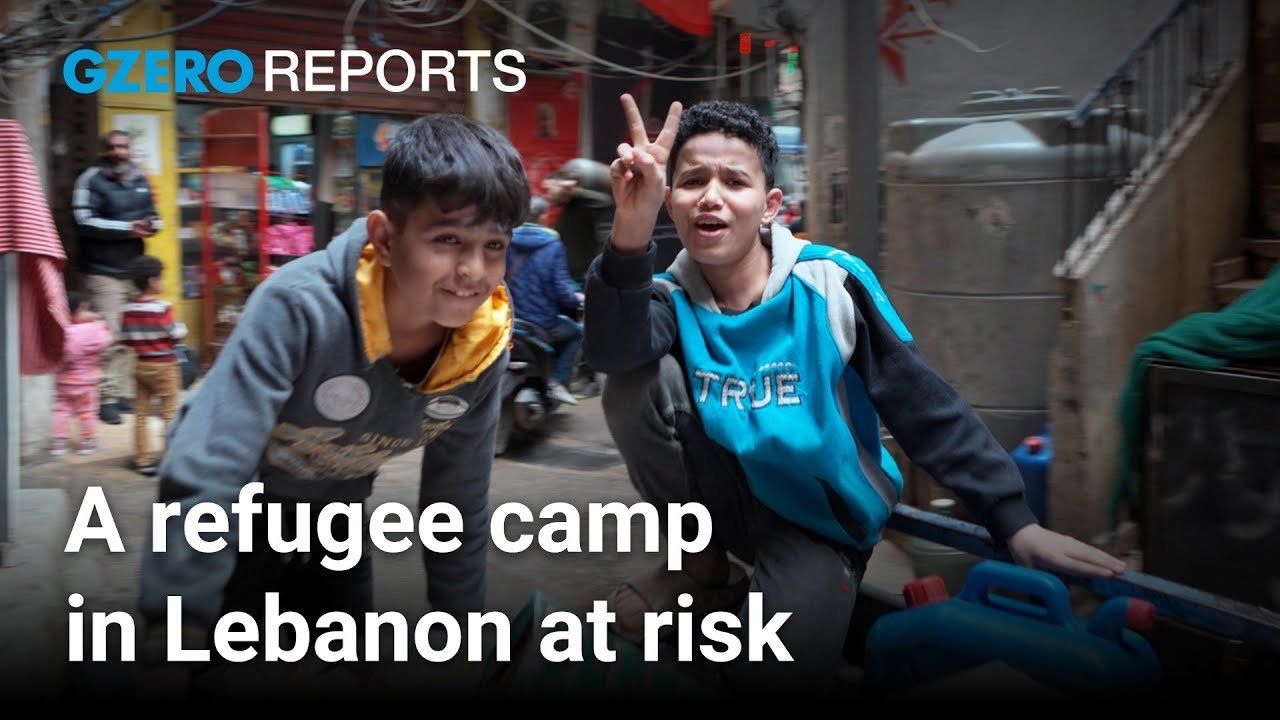GZERO Reports
UNRWA funding cuts threaten Lebanon's Palestinian refugees

UNRWA funding cuts threaten Lebanon's Palestinian refugees | GZERO Reports

GZERO went inside the Shatila Camp in Beirut, one of Lebanon’s largest Palestinian refugee camps, to better understand what the loss of UNRWA funding would mean for the people who call it home—the teachers, doctors, and local government workers who rely on UNRWA to provide basic services, like education, healthcare, and clean water to residents. The agency says it has enough funds to last through June, but it will need to make some tough choices after that.
“The reason UNRWA still exists after 75 years is because there is no political solution,” says Dorothee Klaus, URWA’s Lebanon director, “It is time to find a solution for Palestinian refugees to live in dignity like everybody else.
How is the US is reshaping global power dynamics, using tariffs and unilateral action to challenge the international order it once led? Michael Froman joins Ian Bremmer on GZERO World to discuss.
In this Quick Take from Munich, Ian Bremmer examines the state of the transatlantic alliance as the 62nd Munich Security Conference concludes.
At the 2026 Munich Security Conference, Brad Smith announces the launch of the Trusted Tech Alliance, a coalition of global technology leaders, including Microsoft, committing to secure cross-border tech flows, ethical governance, and stronger data protections.